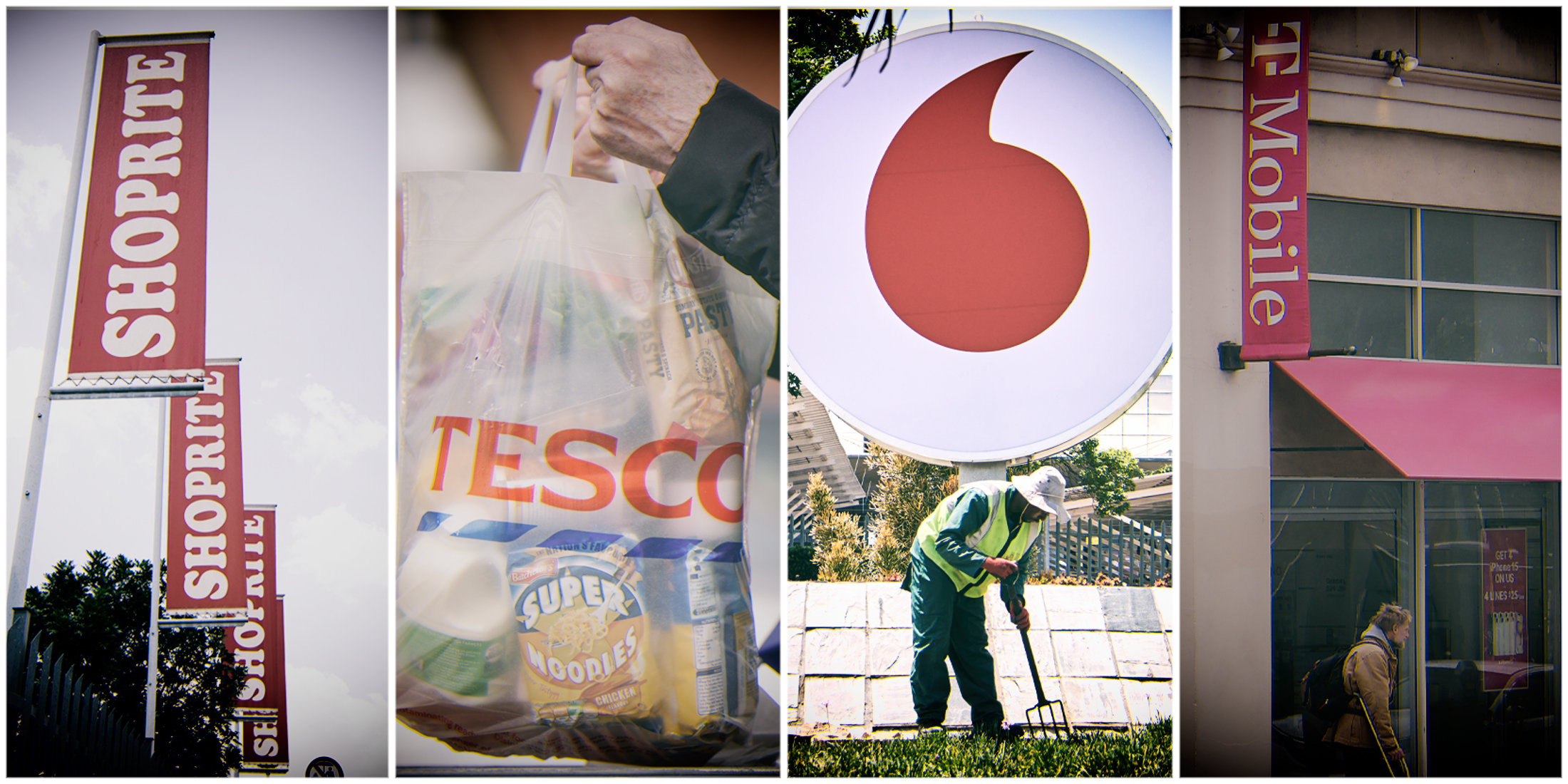My current obsession with the lack of real-world economics within SA’s political parties leads me to focus on another issue — the “monopoly” part of the phrase “white monopoly capital” (WMC). The notion of “white monopoly capital” has cross-sectional appeal in SA’s politics; parts of the ANC embrace the idea and the EFF is a staunch supporter of the concept, as is the new MK party. But it also has traction within black business organisations such as the Black Business Council.
The economic notion that lies behind the idea, simply put, is that white South Africans generally dominated the country’s economy through the imposition of racist policies during apartheid and before, with the result that black South Africans remain excluded and exploited by monopolistic businesses that are denying entry to newcomers. This justifies “transformational” policies designed to favour black business, in the eyes of the Black Business Council, or, through the lens of the other parties, much more extreme measures, like nationalisation.
The idea of “white monopoly capital” has great political attraction, particularly for rent seekers, the professionally disgruntled, people who are genuinely exploited and trade unionists schooled in Marxist ideas. This is all entirely understandable and, I suspect, inevitable. Sadly, from a pure economics perspective, it’s also wrong.
It is worth noting the obvious: it’s a racist idea. It’s a bit like the Nazis claiming that the economic depression in pre-war Germany was caused by the Jews. During apartheid, the majority (but not all) of white South Africans deliberately restricted black economic advancement and the suppression was brutal. It’s a moral failing that white South Africans should never forget and never take lightly.
But after apartheid? I’m not sure how long after apartheid white South Africans had the power to suppress black economic advancement and, even if they did, what would they gain from it? My experience of post-apartheid business in SA is that there was, and is, a strong desire on the part of all businesspeople to normalise our society as quickly as possible for all kinds of social and economic reasons.
I often ask myself what the 90% black employees of Standard Bank, just to take one random example, think about being classified as part of WMC to justify that the bank should be nationalised. White South Africans do dominate management, but walk into practically every business in SA and it is obvious very quickly that these organisations are very multiracial and gloriously so.
Maybe I’m being too simplistic here and I don’t want to get into a racial-slanging match. So, just for a moment, let’s leave the “W” aside and focus on the “M” in WMC. This is more complicated than it might seem because the argument that the monopolistic character of the SA economy is stunting its growth extends beyond political groups and has support within SA’s community of economists.
A reader of this column pointed out that in 2016, no less an organisation than the International Monetary Fund (IMF) faulted SA’s private sector, supported by government regulation, for “creating privileged markets working against the interests of consumers”.
In a speech at Wits University, David Lipton, a senior IMF official, said: “Many South African companies enjoy very high profit margins, often 50% higher than in other countries. But these margins are often built upon barriers that both hurt consumers and block potential competitors.” He was very critical of SA banks for creating “high barriers to entry”, but also mentioned other economic issues like infrastructure bottlenecks, skills mismatches, stifling regulations and corruption.
This idea that SA is “monopolistic” intrigued me. Is that true? Is it true in general, or on the margins? I’m sure there are businesses in SA that earn a lot more than the international average. I suspect there is also still a lot of collusion. SA was, after all, a siege economy during apartheid. But is all that still true 30 years on?
This is not hard to test. While this is a very small sample, I compared the top three companies in four different sectors in the US, the UK, SA and Australia. The sectors are among the biggest: banking, mining, retail and telecoms. The result is the (horribly complicated and ridiculously difficult to read!) graph below.

The statistics are drawn from the enormously useful data provided by Capital IQ. (To be clear, LTM stands for “last 12 months” and NTM is the “next 12 months”.) I tried to choose companies that are large, dominant in their home countries and from established industries. To make it easier to read, the South African companies are backgrounded in green and the highest margins are marked in red. As you can see, SA’s biggest companies don’t stand out particularly, at least in this group of international comparators.
Margins are difficult issues, of course. That is why I have included all the different permutations of margins to balance out the effect. The easiest to calculate is the gross margin, which is simply what a company makes after all the costs of doing business are taken into account as a proportion of those costs. You can see in the chart that in none of the cases is the SA representative the biggest proportional earner.
But really what you see from the graph is just how similar these companies are in respect of their margins. Shoprite, for example, has an Ebitda margin which is only 0.4 percentage points better than Tesco. It’s amazing really: these are companies that are hugely different in size, but what seems to count more than anything is the sector, not the company.
There are some big variations: Vodacom and T-Mobile seem to be doing better than Vodafone, and BHP’s margins are just extraordinary.
But to me at least, the notion of SA’s companies (as opposed to SOE's!) being unduly “monopolistic” is farfetched at worst and not demonstrated at best. DM
Business Maverick
After the Bell: How monopolistic is business in SA?





